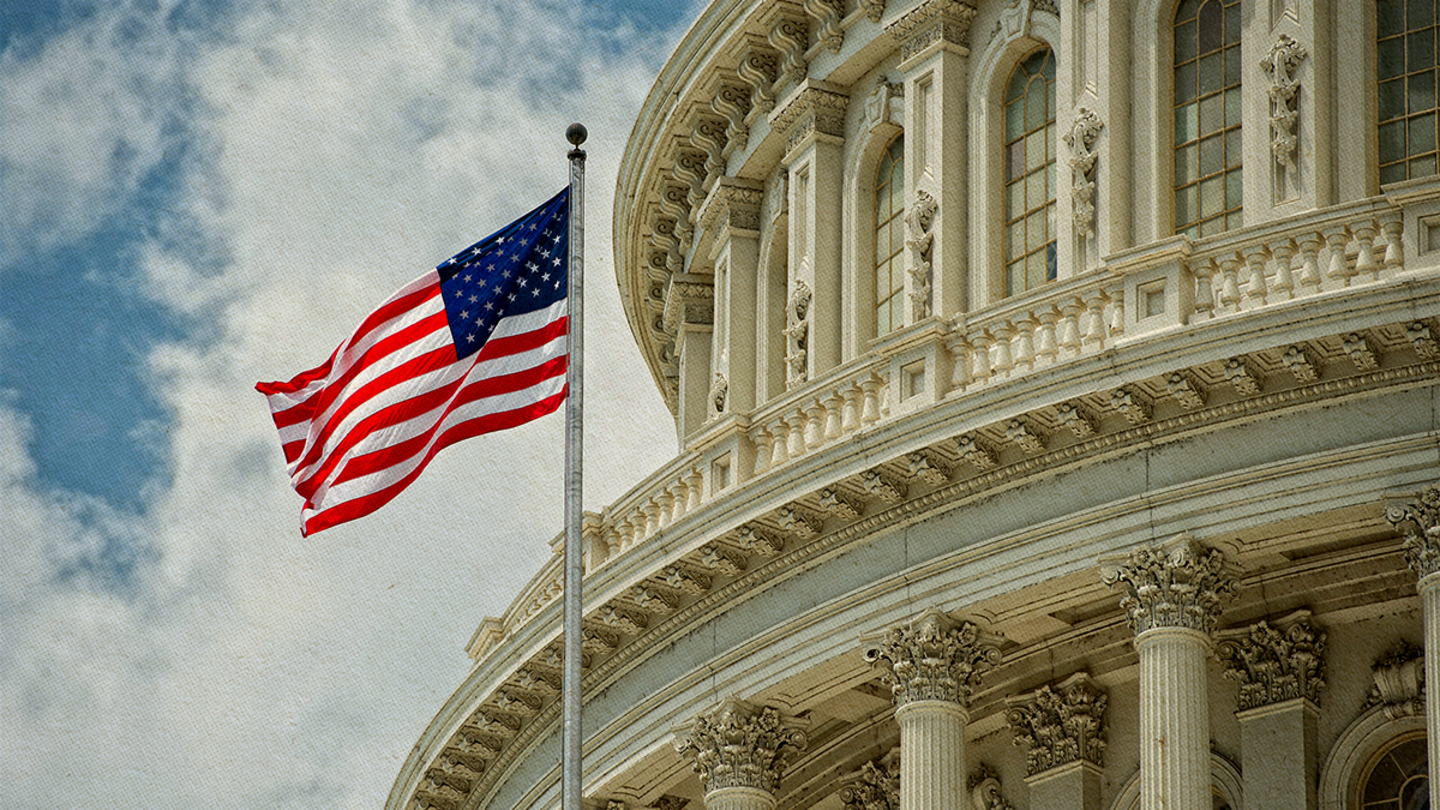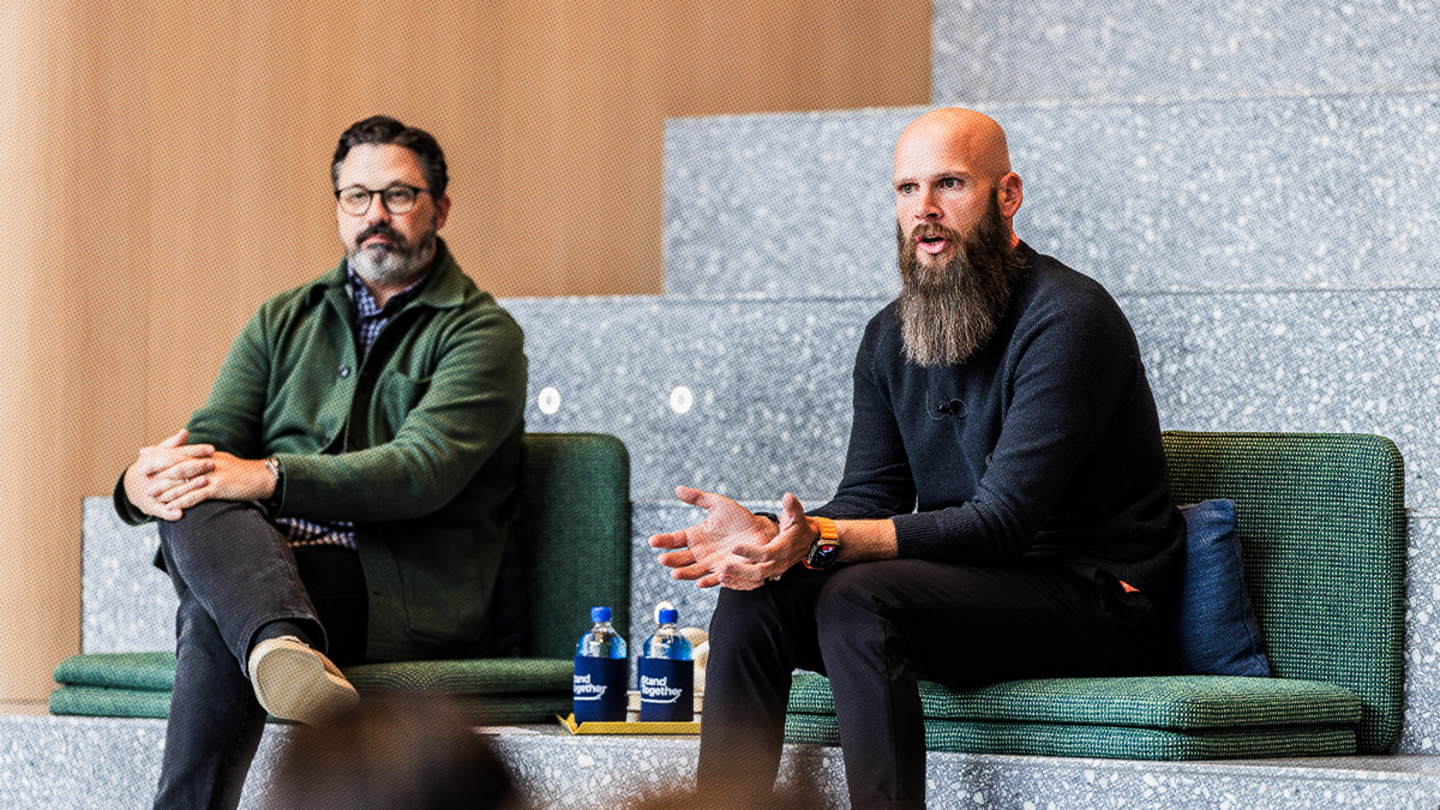This article was originally published by Stand Together Trust.
It's getting a lot easier for individuals and entrepreneurs in states across the country to get to work, start businesses, and grow their state's economy.
Strategic efforts led by groups like the Knee Regulatory Research Center, Goldwater Institute, and Buckeye Institute, all grantees of Stand Together Trust, have led to reform and elimination of overly burdensome occupational licenses across the country.
Occupational licenses may exist for good reasons. They can aim to protect consumers by signaling the provider's expertise level, potentially ensuring safety for professionals and customers, and can increase wages for workers. However, too many regulations can have a cascade of negative effects.
"One out of four people today requires a government license to earn an honest living. In 1950, that number was only one out of 20," writes Dr. Alicia Plemmons, Research Fellow and Scope of Practice Coordinator at the Knee Regulatory Research Center, a grantee of Stand Together Trust.
Research compiled by the Center for Growth and Opportunity indicates that the presence of licenses doesn't always positively impact quality, can hurt the wages of professionals, and benefit wealthier individuals, but "lower-income individuals lose from tougher licensing standards through reductions in access."
Moreover, compliance with regulations can be costly, in time and money, discouraging individuals from pursuing licensed professions, starting new businesses, or hindering the growth of existing businesses.
"Every person deserves opportunities to flourish and provide for their families," says Plemmons, "Economic growth is an integral part of providing these opportunities, but often this growth is limited by regulatory red tape like occupational licensing. Removing unnecessary hurdles helps people get to work in their dream careers faster, which spurs investment and spending in state and local economies."
Focusing on the people who are empowered by occupational licensing reform
Jennifer McClellan has been personally prevented from pursuing her dream career because of unnecessary hurdles in occupational licensing. A licensed massage therapist in Minnesota, Jennifer and her husband moved to Ohio, her home state, following the birth of their first child. They wanted to be near family while raising their own family, but Jennifer wanted to continue her work as a massage therapist. In fact, she wanted to pursue an avenue for her work to serve people even more.
"My dream was -- and still is -- to create a massage therapy oncology practice," Jennifer wrote in a letter at the Buckeye Institute. "I want to help cancer patients, especially women, look and feel their best while undergoing the horrors of chemotherapy. This is a fast-growing market in my industry. With my business experience and occupational training, I was confident that I could build a successful practice [in Ohio]."
Jennifer held a license in Minnesota that required 780 hours of training at a community college; Ohio required only 750 hours of training. The same national company that employed Jennifer in Minneapolis wanted her to work in its Columbus salon. Jennifer paid fee after fee and passed test after test to satisfy Ohio's license requirements.
At the time she wrote the letter, Jennifer had been denied a license by Ohio for two reasons:
- Ohio said Minnesota's school year was 10 days too short for Ohio's standards.
- Her Minnesota license required 24 hours of massage ethics training; Ohio requires 25 hours.
"The fact that I made the Dean's List, completed more training hours than required, and worked two years as an actual therapist means nothing in [Ohio's] red tape measurement of whether I'm qualified to give a massage," Jennifer explained.
Geographic moves shouldn't be subject to burdensome fees and extra courses and testing. Trained, licensed professionals do not lose their skills or forget their training when they cross the state line. Yet, Jennifer is one of thousands of Americans for whom moving across state lines halted their ability to start earning a living immediately until they meet licensing standards in their new state of residence.
That's why the Goldwater Institute has focused on helping states adopt universal occupational licensing. Starting in Arizona, the Goldwater Institute has focused on helping states adopt universal occupational licensing.
"Since 2019, more than 8,100 professionals have been granted a license to work in Arizona under universal recognition, in fields ranging from medicine to cosmetology to engineering," explains Christina Sandefur, Executive Vice President at Goldwater. "Arizona's thousands of success stories represent more than the successful implementation of a transformative idea: They represent the families, careers, and communities that benefit when government steps out of the way of Americans who are skilled, ready, and willing to work."
States that adopt Goldwater's universal occupational licensing reform recognize a new resident's out-of-state license that has been valid for at least a year without imposing new training requirements or special educational fees. To date, 22 states have adopted a version of this reform and Congress approved a federal version for military spouses.
The granular work of occupational licensing reform
Because occupational licenses serve a protective purpose for consumers and providers, sweeping reform that eliminates unnecessary restrictions all at once is not often an option. Instead, policymakers must spend time understanding the regulations in their state before determining which ones are necessary and which ones are not.
Take for example occupational licensing reform in Ohio, where Jennifer McClellan struggled to obtain her massage therapist license. With more than 300 occupational licenses and nearly 247,000 regulations, Ohio has been considered one of the most regulated states. Since 2016, the Buckeye Institute and economists, policymakers, and other organizations have been proposing commonsense reforms aimed at diminishing the overly burdensome regulatory environment that has restricted economic growth and flourishing in the state.
A strategic effort of Buckeye Institute and other policymakers has led to 19 occupational licenses being removed and reforms of 36 licenses to impose fewer burdens, benefiting the more than 1.3 million Ohioans who hold occupational licenses. Additionally, the recent adoption of universal licensing recognition now means prospective Ohioans with existing licenses can immediately get to work upon moving into the state. They can also have confidence in the future of occupational licenses in Ohio.
"Under The Buckeye Institute-championed policies in Senate Bill 255, Ohio lawmakers must review and renew occupational licensing boards at least once every six years, or they automatically expire," explains Greg R. Lawson, research fellow at the Buckeye Institute. "To ensure lawmakers don't renew licensing boards in mass, Buckeye closely follows the review process and examines each occupational license under review by the legislature. Buckeye's evaluation examines whether public health and safety are at risk, Ohio's specific licensing burdens, and what regulations neighboring states impose. Based on this evaluation, Buckeye recommends in its Opening Door series what licenses can be eliminated or reformed to make Ohio more economically competitive."
While Ohioans reap the benefits of these reforms -- by finding it less burdensome to meet the criteria to work in certain professions and having greater transparency into changes in regulations -- researchers and policymakers aren't done eliminating unnecessary regulations that are crippling the economy in Ohio and across the country.
The Knee Regulatory Research Center has produced research that strategically informs occupational licensing reforms in states across the United States. Since 2016, the Knee Center has produced 26 testimonies in 15 states and 50 research reports which have all informed 19 policy reforms. These include:
- Ohio's universal recognition for licensed workers who have demonstrated their competence through meeting licensing requirements and practicing without harming consumers, practice without unnecessary delays.
- Allowing nurse practitioners in Utah to prescribe all schedules of medication, as a way to alleviate pressure from the doctor shortage in the United States.
- Expanding the prescriptive power of pharmacists in Montana, permitting them to prescribe medicine for minor or long-term illnesses, like insulin for diabetes.
"Reforming occupational licensing addresses a hurdle facing one-in-five adults in the U.S. by getting them to work faster and without unnecessary fees, time lost to paperwork, and repetitive examinations," says Dr. Plemmons. "These reforms put the power of choice back in the hands of consumers, who can make purchasing decisions based on market resources, reviews, and referrals from a wide variety of providers. With occupational licensing reform, consumers are not limited to a small set of providers who had enough money and time to meet the government's increasingly long list of barriers."
Occupational licensing reform is not often seen as the most glamorous policy issue. Still, it can be one of the most influential for workers, consumers, and the economies in states across the country. From preventing trained professionals from pursuing meaningful work to prohibiting job creation, economic growth, and increased consumer choice, it's easy to see how overly restrictive occupational licensing regulations prevent abundance. In a nation built on the promises of freedom and opportunity, occupational licensing reform is essential to fulfilling those promises.
Learn more about Stand Together's efforts to make the economy work for all, and explore ways you can partner with us.




